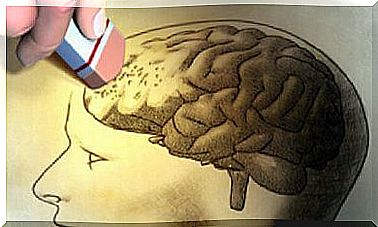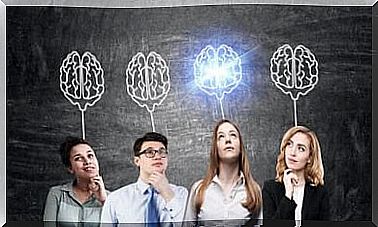Dataism, The Religion Of The Future
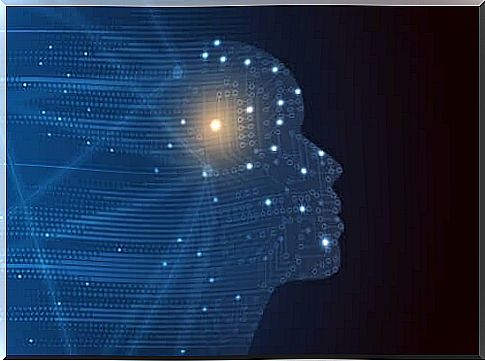
Man’s beliefs change and adapt with the passage of time. If we no longer think like our ancestors now, it should not surprise us that in a hundred years man can completely change his way of thinking. Rummaging through the possible faiths of the future, dataism is perhaps one of the most interesting.
Dataism believes in the power of data as a new religion of the future. Although some of the major contemporary religions were founded in the Middle East, the nerve center seems to have shifted to Silicon Valley. Who can say that the new religions will not come from Upper California?
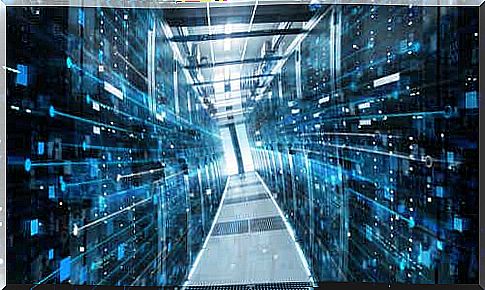
Dataism
Dataism holds that the universe is a stream of data. According to this view, man is an organism made up of biochemical algorithms, while machines are composed of electronic algorithms. Both are therefore considered algorithms, with minimal differences, and the value of any phenomenon or entity would be determined by the way in which specific data is processed.
Dataism defends the idea that mathematical laws apply to both biochemical and electronic algorithms, thus eliminating the barrier between machines and animals. It also predicts that electronic algorithms are destined to decipher and overcome biochemical ones.
The development of dataism
In 2014, the South Korean philosopher Byung-Chul Han suggested that intuition was purely subjective and that big data will eventually render it useless. According to the author, the weakness of the theories is that they are based on ideologies; when there is enough data, ideologies are no longer needed. Dataism, in the future, would be the renunciation of the senses in favor of data.
For his part, in 2016 Yuval Noah Harari wrote a book on dataism entitled Homo Deus . It starts from the idea that the universe is a flow of data and that humans have the ability to process them. According to this worldview, over the centuries humanity has constantly sought better efficiency of systems, especially data processing systems. Over the years, humans have managed to improve connections and the freedom of movement of data.
Dataism as a religion
Born as a scientific theory, capitalism ended up dominating the world to the point of becoming a religion. Dataism operates in a very similar way, born as a theory but ever closer to establishing what is good and what is bad.
When algorithms come to know people better than themselves, then they will be able to provide us with the right decisions at any time. Can you imagine an algorithm that tells you who to marry?
This data processing system will be seen as a god, omnipresent and known to all. Men will have the choice of becoming one with the machines, and they are bound to merge with them.
Those who do not do so will be considered as an animal, thus bringing out a class of people useless to the economic system. Dataism will therefore turn into a religion based on the premise that freedom of information is the most important good of all.
Martyrs and prophets
Any religion has prophets who transmit its principles and martyrs who die in its defense. Dataism is no exception. Aaron Swartz was a hacktivist known for making articles from academic journals public and free to all. Specifically, he “freed” 4.8 million articles, earning nothing less than arrest. Swartz preferred to commit suicide rather than end up in life in prison.
But religions also require prophets, people who spread their wisdom and belief. In the case of dataism we find Raymond Kurzweil, a Google engineer who states that humanity is heading towards transhumanism, that is, the improvement of man through the development and production of technology. He preaches / prophesies the future fusion of man and machine.
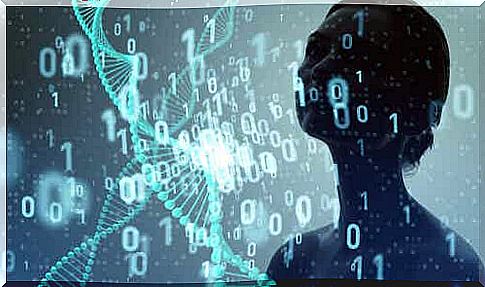
The role of man
What role do humans play in this new religion? The human being is like a chip that processes data. The larger and more populated the cities, the greater the data processing capacity. The variety of computers will also increase processing capacity.
The more chips or people, the more dynamism and creativity increase. But to make the most of this huge number of processors, they must be interconnected with each other. Commercial networks will expand between cities to improve the freedom of data movement.
Predicting the future is difficult, if not impossible. Yet dataism seems a viable alternative. The fusion of man with the power of machines and data turns out to be a plausible future. Later on, the algorithms could have all the decision-making power, minimizing errors. However, it is still unclear how human consciousness, which is still totally indecipherable to algorithms, will be interpreted.


